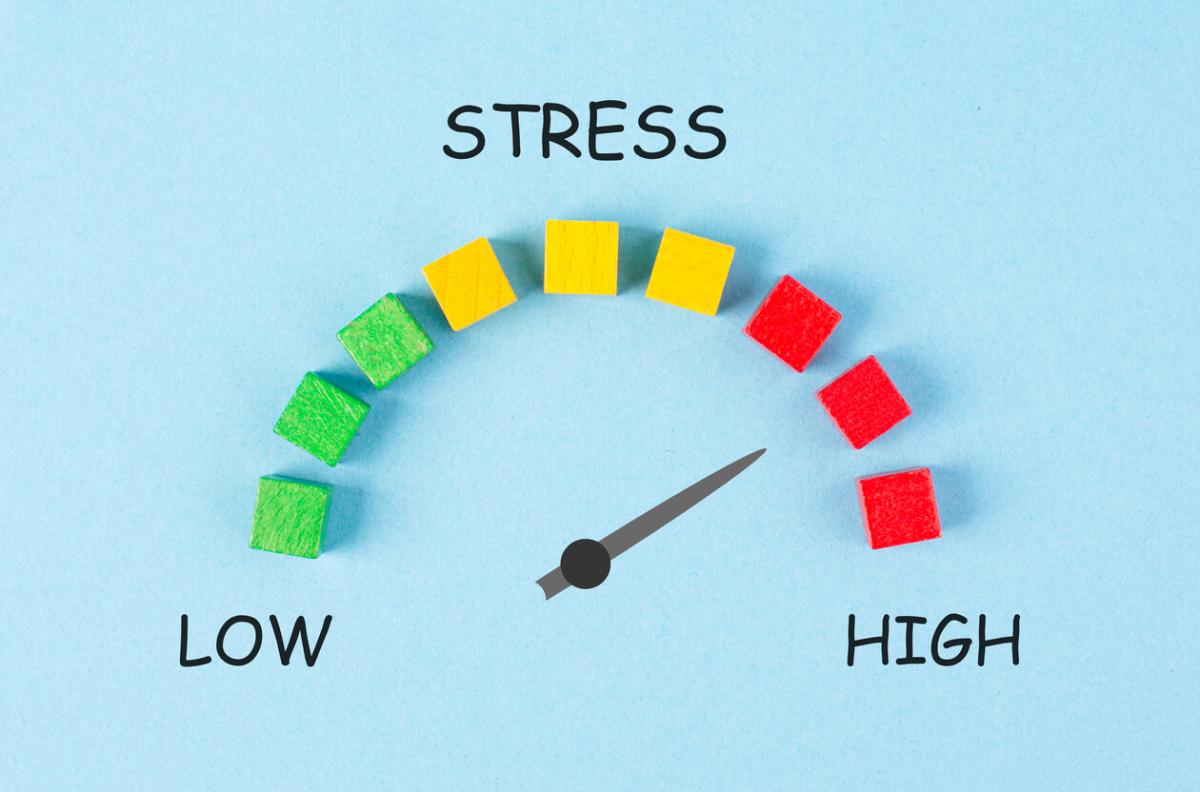Your Body’s Warning Signs Before Organ Failure—The Signals Most People Ignore

The human body has a remarkable way of signaling distress long before a major health crisis occurs. Unfortunately, many people either fail to recognize or ignore these signs until it’s too late. Your Body’s Warning Signs Before Organ Failure are often subtle but crucial in preventing life-threatening conditions. Organ failure, whether it affects the heart, liver, kidneys, or lungs, does not happen overnight. It is often the result of chronic conditions, lifestyle habits, and delayed medical attention. In Africa, where healthcare accessibility remains a challenge, recognizing these warning signs can be the difference between life and death.
The Silent Warnings: Symptoms You Should Never Ignore
1. Persistent Fatigue and Weakness
Fatigue that does not improve with rest may indicate kidney or liver dysfunction. According to the World Health Organization (WHO), chronic kidney disease (CKD) affects over 10% of the African population, yet many cases go undiagnosed until advanced stages. The kidneys help filter waste from the blood, and their failure leads to toxin buildup, causing severe tiredness.
2. Unexplained Weight Loss
Sudden weight loss can be a sign of liver disease, cancer, or severe infections such as tuberculosis. The Global Burden of Disease Study (2021) estimates that liver cirrhosis, which can progress to liver failure, is responsible for over 100,000 deaths annually in Sub-Saharan Africa. Early symptoms include jaundice, nausea, and abdominal swelling.

3. Shortness of Breath and Swelling in the Legs
These symptoms often indicate heart or kidney failure. In Nigeria, a study by the Nigerian Cardiac Society revealed that heart failure contributes to 7% of all medical admissions in tertiary hospitals. Fluid retention due to weak heart function or failing kidneys leads to swollen legs and difficulty breathing.
4. Changes in Urine and Bowel Habits
Dark urine, foamy urine, or reduced urination can signal kidney failure, while chronic diarrhea or constipation may indicate liver or digestive organ distress. A 2022 report by the African Association of Nephrology states that late-stage kidney disease is often diagnosed in African patients due to poor screening measures.
5. Severe Abdominal Pain and Digestive Issues
Persistent stomach pain, nausea, and bloating can signal pancreatitis or liver disease. In countries like Ghana and Kenya, studies show a rising incidence of non-communicable diseases (NCDs), including liver disorders, due to increasing alcohol consumption and hepatitis infections.
The African Context: Why Early Detection Matters
Healthcare infrastructure challenges in many African nations mean that late-stage diagnoses are common. The shortage of medical specialists, especially nephrologists and cardiologists, makes early intervention difficult. In Nigeria, for example, there are fewer than 300 nephrologists serving a population of over 200 million. This underscores the need for individuals to be more aware of Your Body’s Warning Signs Before Organ Failure and seek medical attention before irreversible damage occurs.
Prevention and Proactive Health Management
- Regular Health Screenings: Early detection of conditions like hypertension, diabetes, and liver disease can prevent organ failure. WHO recommends annual health check-ups, yet many Africans only visit hospitals in emergencies.
- Healthy Lifestyle Choices: Reducing alcohol intake, quitting smoking, maintaining a balanced diet, and staying hydrated can significantly lower the risk of organ failure. The African Lifestyle and Disease Report (2023) highlights that 70% of preventable deaths in Africa are linked to poor lifestyle habits.
- Increased Awareness Campaigns: Governments and NGOs must prioritize public health education on early symptoms and encourage routine medical visits. In Rwanda, proactive community-based health initiatives have improved early detection rates of chronic diseases.

Your body gives clear signals before a major health crisis. Ignoring symptoms like persistent fatigue, swelling, or changes in digestion can have fatal consequences. In Africa, where healthcare access remains limited, recognizing and acting on Your Body’s Warning Signs Before Organ Failure is crucial. By prioritizing early detection, routine health checks, and lifestyle changes, more lives can be saved from the silent threat of organ failure.
ALSO READ: Exclusive HSE Job Openings Across Nigeria – Advance Your Career Today – APPLY NOW






